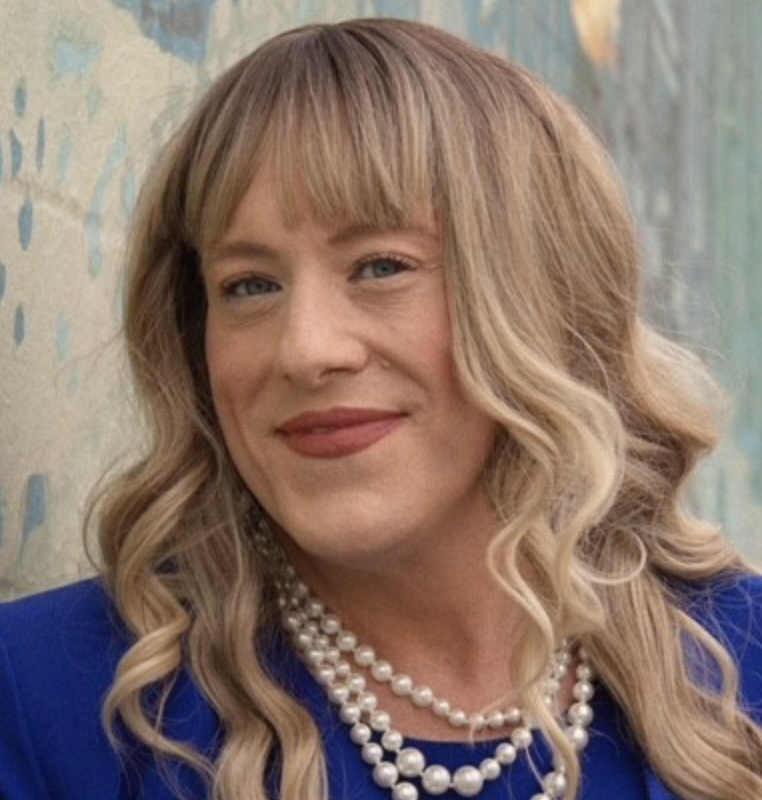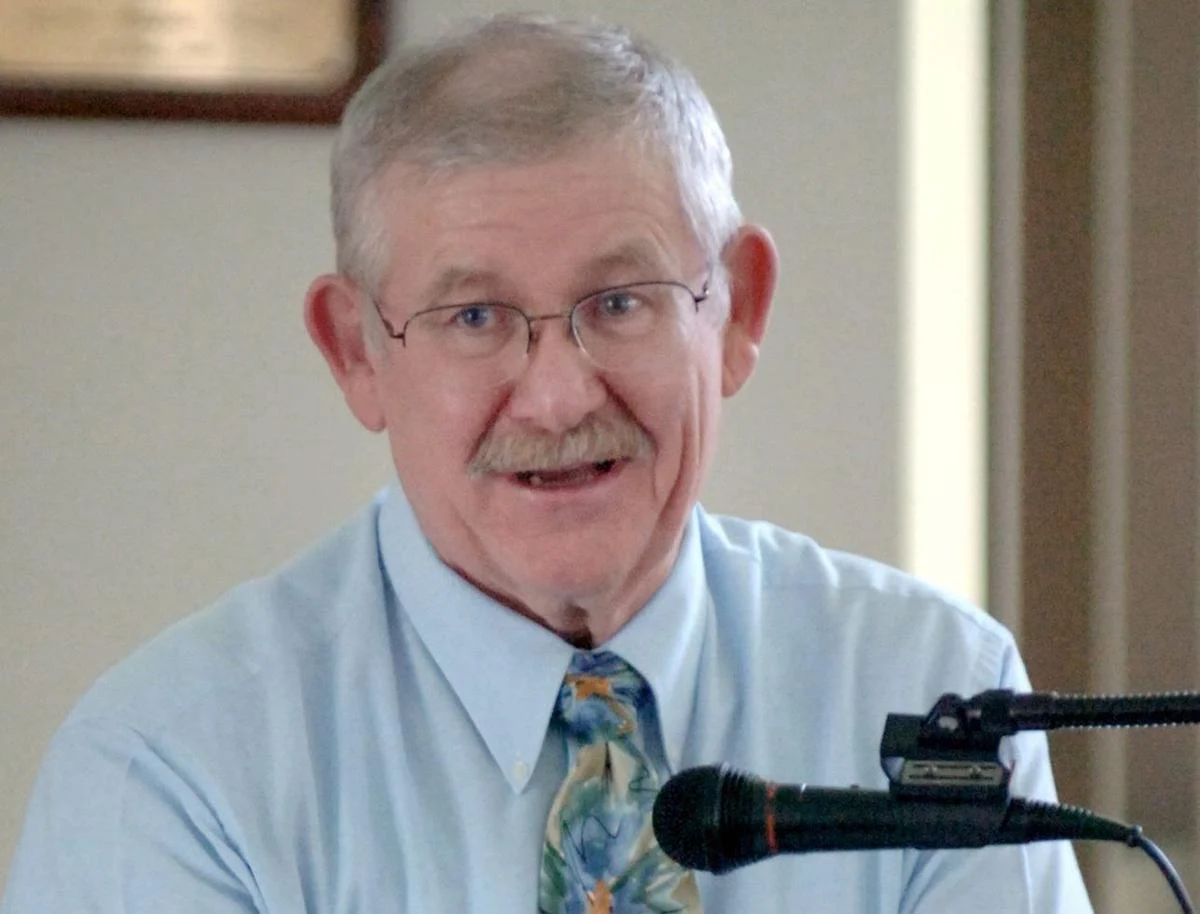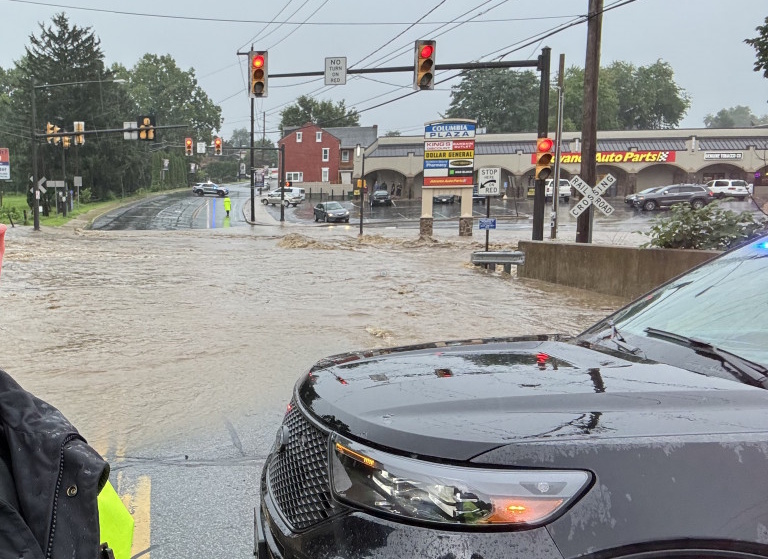Why Jasmine Preston May Not Be the Right Choice for Columbia’s Next Mayor
As Columbia, Pennsylvania prepares for a pivotal mayoral election, voters are weighing the merits of candidates who promise to shape the borough’s future. Jasmine Preston, a local activist and member of the Zoning Hearing Board, has emerged as a progressive challenger to longtime incumbent Leo Lutz. While her candidacy has energized some residents, others remain skeptical about whether she’s the right fit for the role.
Limited Executive Experience
One of the primary concerns voiced by Preston’s critics is her lack of executive leadership. Although she has served on local boards and worked in safety management and human resources, she has never held an elected office or overseen municipal operations. For a town facing complex challenges—from infrastructure upgrades to public safety—some voters argue that Columbia needs a mayor with a proven track record in government administration.
Risk of Disrupting Long-Term Progress
Mayor Leo Lutz has served Columbia for over two decades, steering the borough through economic development initiatives, community revitalization, and regional partnerships. Opponents of Preston worry that a sudden shift in leadership could disrupt ongoing projects and relationships that have taken years to cultivate. Continuity, they argue, is essential for maintaining momentum and stability.
Unclear Fiscal Strategy
Preston’s campaign emphasizes “smarter government spending” and “financial responsibility,” but critics say her proposals lack specificity. Without a detailed fiscal plan or experience managing public budgets, some residents question whether she can deliver on promises to improve affordability and economic equity without jeopardizing essential services.
Cultural and Political Shift
Preston’s candidacy represents a significant cultural milestone—she would be one of the first openly transgender mayors in Pennsylvania. While many celebrate this progress in representation, others express uncertainty about how her leadership style and priorities might differ from traditional norms. Her platform includes progressive goals such as expanding affordable housing, supporting the arts, and boosting small businesses, which may not resonate with more conservative or centrist voters in Columbia.
Conclusion
Jasmine Preston’s campaign has sparked important conversations about inclusion, change, and the future of Columbia. But for voters who prioritize experience, continuity, and detailed policy plans, her candidacy may raise more questions than answers. As Election Day approaches, Columbia residents must decide whether they’re ready for a bold new direction—or prefer to stay the course.











